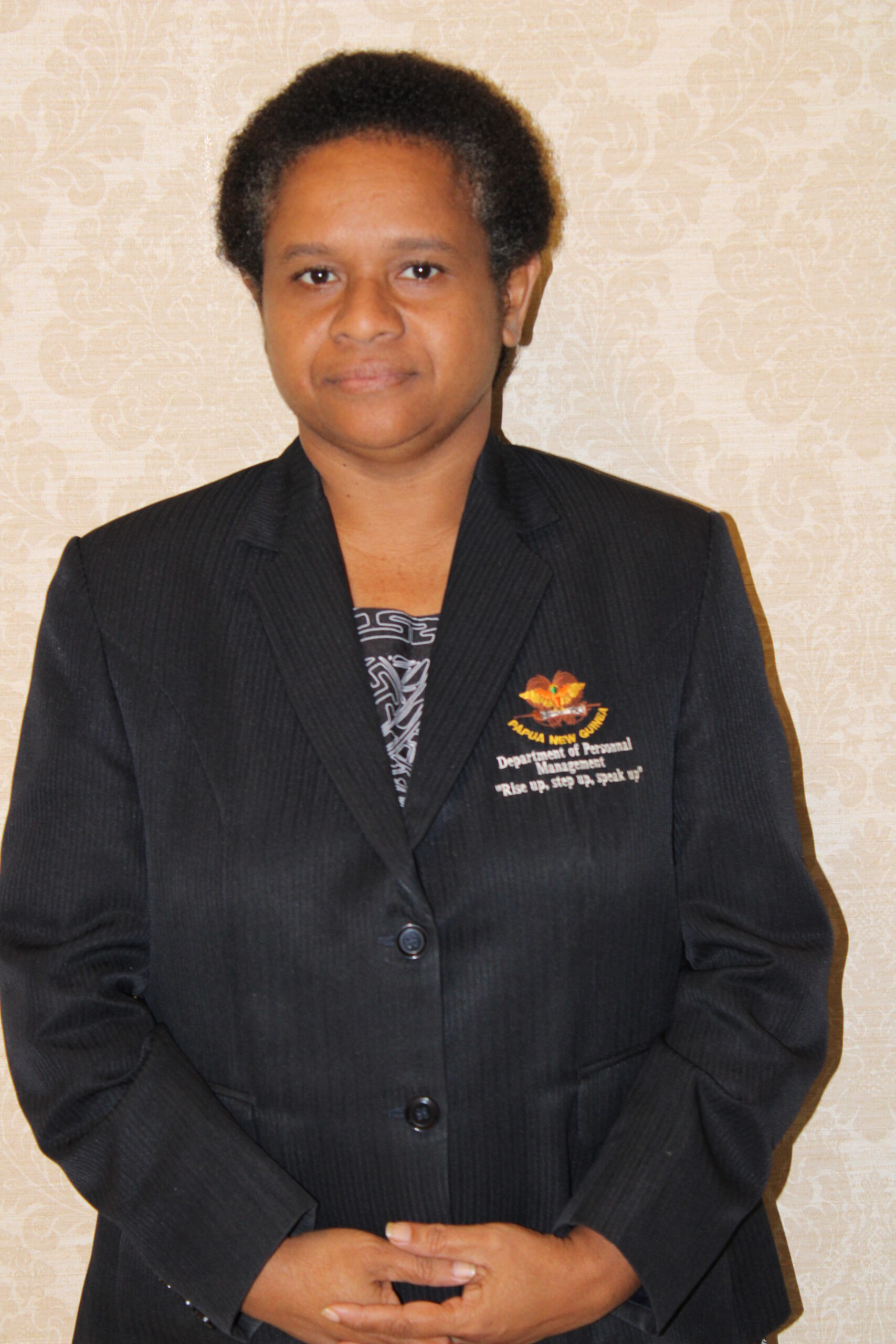Fellow Public Servants,
On Wednesday, 23 July 2025, Papua New Guinea observed National Remembrance Day—a sacred moment of national reflection and unity.
This day honours the brave men and women who gave their lives in military service, including during World War I and World War II.
This date was chosen to mark the beginning of the Battle of Kokoda in 1942, one of the fiercest and most significant campaigns in the history of our region.
More than 600 Australians died, and over 1,680 were wounded, fighting side-by-side with our people to stop the Japanese advance on Port Moresby.
The conditions were harsh, the terrain unforgiving, yet the spirit of solidarity between Papua New Guineans and Australians was unbreakable. Among the many unsung heroes were the Fuzzy Wuzzy Angels—our own villagers, many of whom had never known war.
They carried the wounded, provided food and shelter, and risked their lives to save others. Their courage and compassion are forever honoured at Remembrance Park in Port Moresby and in the hearts of our nation. During the Battle of Kokoda, the villagers carried supplies and seriously wounded soldiers as far as Owers’ Corner.
The men named them their “Fuzzy Wuzzy Angels,” a title that has remained and is emblazoned on the memorial dedicated to their service. There is also a poem written in their honor by Sapper Bert Beros. Wreaths are placed on the graves of fallen soldiers and the day is spent honoring their memory at cemeteries like the Bomana War Cemetery.
Before World War II began, the island of New Guinea fell under Australian administration.
As fighting ramped up, however, particularly along the legendary Kokoda Track from the Owen Stanley mountain range to the vital post at Port Moresby, the Australians discovered a new dimension to the Papuan peoples.
Australian forces fighting the Japanese in this forbidding region suffered heavy casualties, and often in the course of fighting wounded men became separated from their units, or isolated away from adequate medical care.
Txhose captured by the Japanese could expect long, horrific imprisonments, if they weren’t killed outright.
Natives, though, treated wounded and lost Australians with great kindness, providing them with food and shelter or carrying them many miles back to the Allied lines—all at great risk to themselves, and for no rewards asked or promised.
Australians took to calling the New Guineans “Fuzzy Wuzzy Angels,” and journalists made much of their heroism and presumed loyalty.
As we remember the fallen, we are also reminded of our own calling as public servants. We may not fight on the battlefield, but our mission is no less critical.
We are entrusted with the peace they fought to protect. We are the hands that deliver the government’s vision and the hearts that uphold the nation’s values.
Let this day renew our patriotism and sense of duty. Let the sacrifice of the past fuel the purpose of the present. In line with Papua New Guinea’s Vision 2050, we are working toward a smart, wise, fair, healthy and happy society.
That future begins with how we serve today—with integrity, discipline, and unwavering commitment to our people. As we observe moments of silence, may we also reflect on how we can each contribute to building a nation worthy of those who gave everything for our freedom.
Lest we forget.
